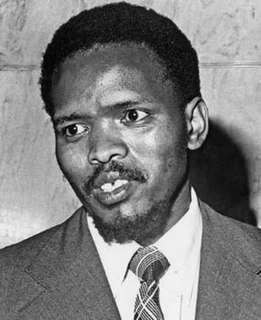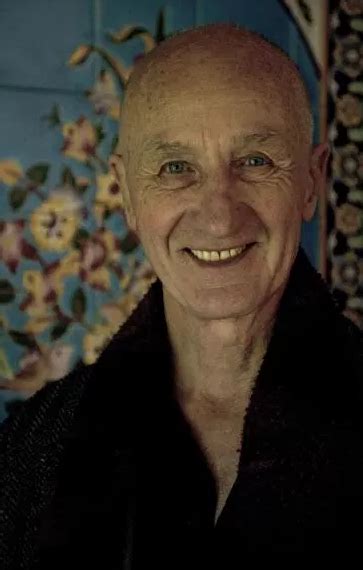A Quote by Terry Tempest Williams
I have spoken about what we can do as citizens, what we can do as a responsive citizenry, and this is where we have to shatter our complacency and become "active souls,"and be prepared to engage in aware - that personal struggle between our grief and our sorrow. But I don't think we have any choice.
Related Quotes
Another misconception is that if we truly loved someone, we will never finish with our grief, as if continued sorrow is a testimonial to our love. But true love does not need grief to support its truth. Love can last in a healthy and meaningful way, once our grief is dispelled. We can honor our dead more by the quality of our continued living than by our constantly remembering the past.
Sorrow is so woven through us, so much a part of our souls, or at least any understanding of our souls that we are able to attain, that every experience is dyed with its color. This is why, even in moments of joy, part of that joy is the seams of ore that are our sorrow. They burn darkly and beautifully in the midst of joy, and they make joy the complete experience that it is. But they still burn.
I recently got back from Hiroshima and it was fascinating to me how the Japanese accommodate this paradox. We were talking about this word aware, which on the page looks like "aware," which speaks to both the pain and the beauty of our lives. Being there, what I perceived was that this is a sorrow that is not a grief that one forgets or recovers from, but it is a burning, searing illumination of love for the delicacy and strength of our relations.
God is at the tip of our scalpels, our screwdrivers, our computer terminals, our dust rags, our vacuum cleaners, our pencils and pens. He is with us in our wheelchairs, or on our hospital beds, when all we can do is sit or lie flat. When we envision Him and His purpose in what we do, then we begin to grow aware of His presence in the middle of it. We are able to engage in our inward conversation with Him as we work, naturally, without strain. He becomes our partner, our collaborator.
There are no soft or slothful ways to become sanctified to the point that we are prepared to live in the presence of the Savior. And there can be blessings in the burdens we bear. As a result of these struggles, our souls are stretched and our spirits are strengthened. Our character becomes more Christlike as we are tried and tested.
I think that is the fight that we have to wage if we're to save the middle class. And I do have doubts about whether Hillary Clinton or whether any Republican candidate out there is prepared to take on the big money interests who control so much of our economy and as a result of Citizens United, our political process as well.
We must have faith during the period of our grief. We think that our afflictions will be greater than we can bear, but we do not know the strength of our own hearts, nor the power of God. He knows all. He knows every folding of the heart and also the extent of the sorrow that he inflicts. What we think will overwhelm us entirely only subdues and conquers our pride. Our renewed spirit rises from its subjugation with a celestial strength and consolation.


































